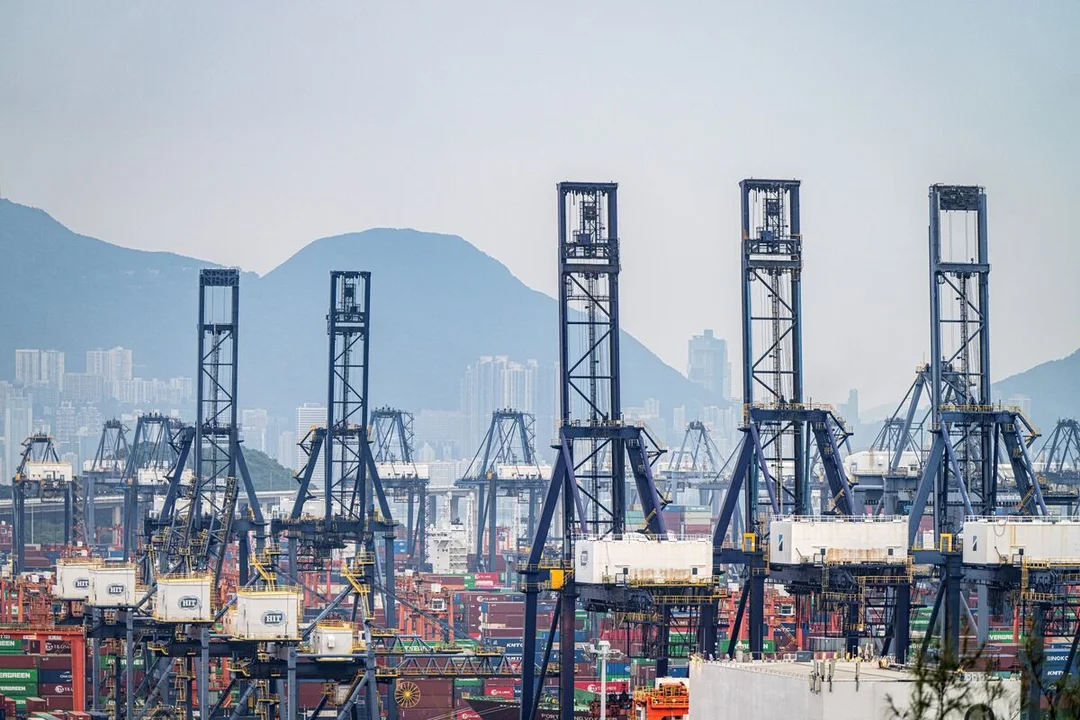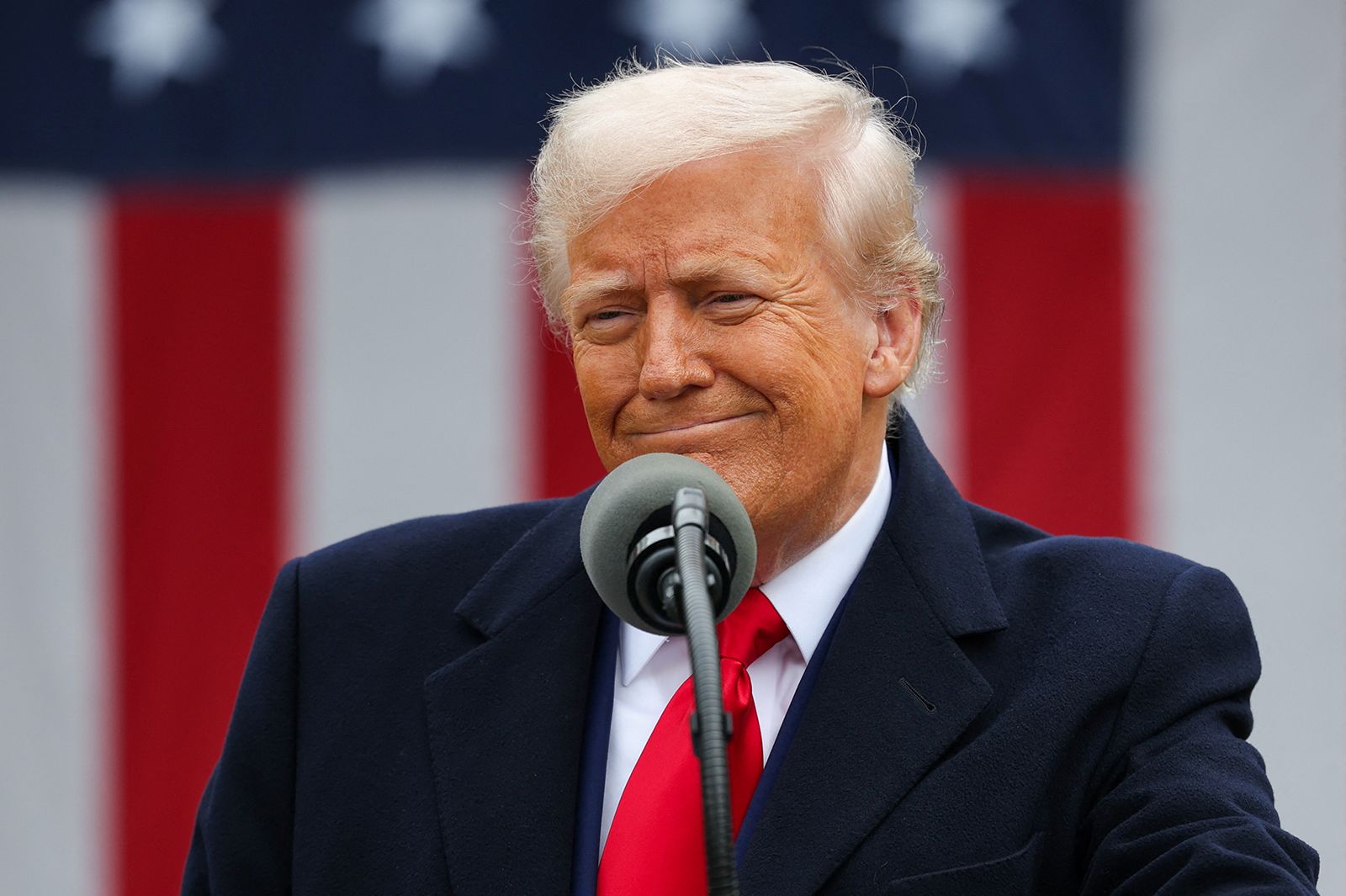
Trump’s Tariffs Stir Global Trade and Economic Concerns
President Trump's recent tariff policies have sparked significant reactions both domestically and internationally. The White House announced new tariffs aimed at rectifying trade imbalances, which have led to concerns about potential economic downturns and disruptions in global trade. Ryan Petersen, CEO of Flexport, highlighted the potential impacts on logistics and trade, suggesting that these tariffs could lead to increased costs and delays in supply chains.
The Atlantic reported a noticeable downturn in stock markets following the announcement, with investors worried about the broader economic implications. The tariffs are part of a broader strategy to address the persistent U.S. trade deficit, but critics argue that they might lead to retaliatory measures from trading partners, further complicating international relations.
NBC News covered the global perspective, noting that countries like the EU, UK, and Afghanistan are closely monitoring the situation. The EU has expressed concerns about the potential for a trade war, while the UK is assessing the impact on its post-Brexit trade strategy. Afghanistan, heavily reliant on international trade, fears the economic repercussions of these policies.
Detailed
Related issues news
What is a trade war?
A trade war is an economic conflict often resulting from extreme protectionism, in which states raise or implement tariffs or other trade barriers against each other as part of their commercial policies, in response to similar measures imposed by the opposing party.
What is Trump's trade war?
An economic conflict between China and the United States has been ongoing since January 2018, when U.S. President Donald Trump began setting tariffs and other trade barriers on China with the goal of forcing it to make changes to what the U.S. says are longstanding unfair trade practices and intellectual property theft ...
What is a reciprocal tariff?
Reciprocal tariffs are calculated as the tariff rate necessary to balance bilateral trade deficits between the U.S. and each of our trading partners.
Why do countries have tariffs on the US?
Tariffs are nothing new. Countries have used them for centuries to protect their domestic industries from foreign competition and raise revenue to fund their governments.




